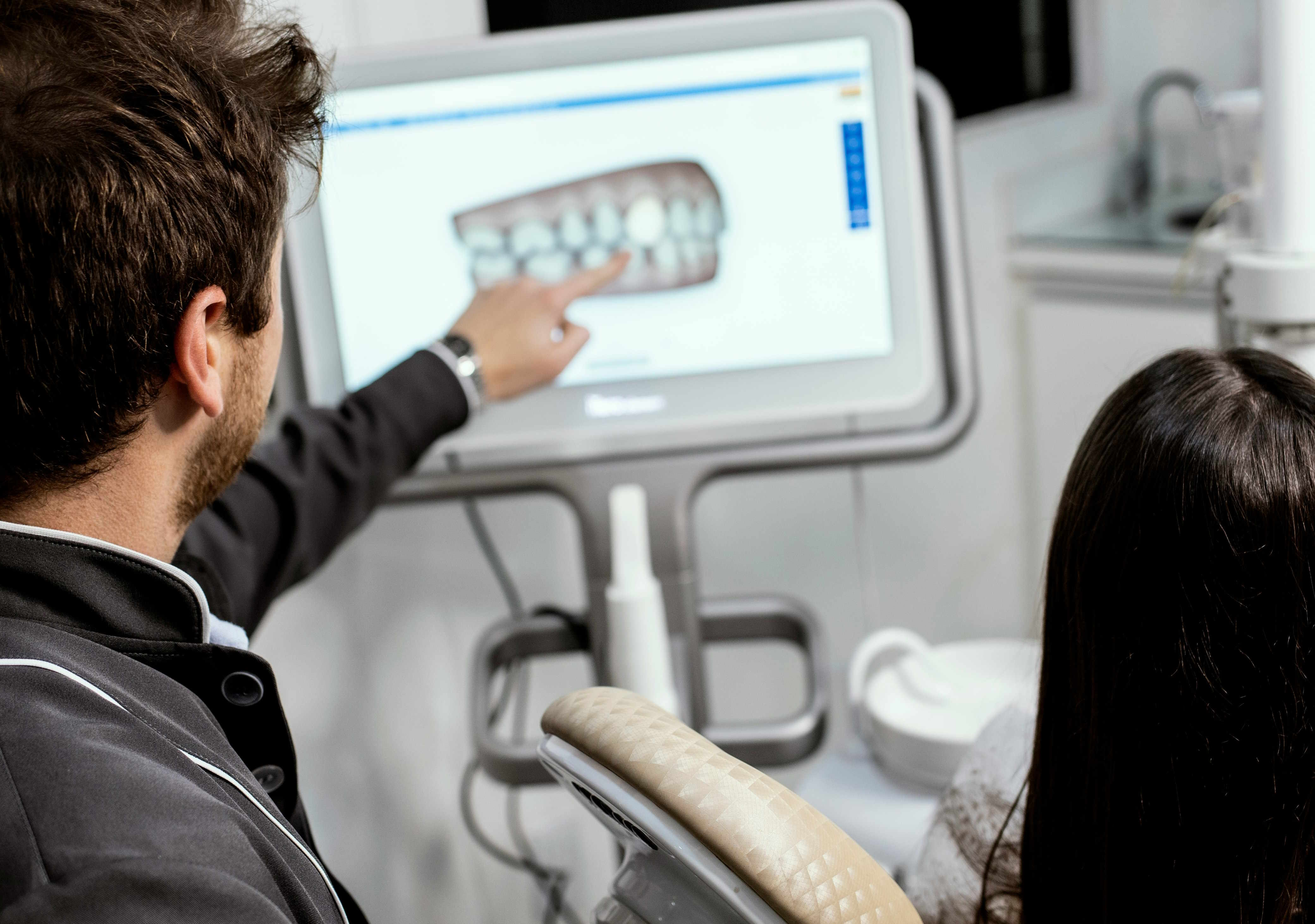Guide to Understanding Remote Healthcare Data Entry Roles and Skills in 2025
Remote healthcare data entry is steadily gaining attention as organizations adapt to digital health trends entering 2025. From medical billing systems to patient record management, these roles combine attention to detail with a working knowledge of electronic health tools. This guide explores common responsibilities, in-demand platforms, and the types of skills individuals often look to build or strengthen over time.

What are the primary remote healthcare data entry roles?
Remote healthcare data entry encompasses a variety of positions, each playing a crucial role in maintaining accurate and up-to-date patient information. Some of the most common roles include:
-
Medical Billers and Coders: These professionals translate medical procedures and diagnoses into standardized codes for insurance claims and record-keeping.
-
Electronic Health Record (EHR) Specialists: They manage and update digital patient records, ensuring all information is accurate and easily accessible to healthcare providers.
-
Claims Processors: These individuals review and process insurance claims, verifying information and resolving discrepancies.
-
Medical Transcriptionists: They convert voice recordings from healthcare providers into written reports, which are then added to patient records.
As healthcare systems continue to digitize, these roles are increasingly performed remotely, offering flexibility and efficiency for both employers and employees.
How are electronic health records shaping the industry?
Electronic health records (EHRs) have revolutionized the healthcare industry, streamlining patient care and improving data accessibility. In 2025, EHRs are expected to become even more sophisticated, incorporating features such as:
-
Artificial Intelligence (AI) integration for predictive analysis and decision support
-
Enhanced interoperability between different healthcare systems
-
Improved patient portals for better engagement and self-management
-
Advanced security measures to protect sensitive health information
As EHRs evolve, remote healthcare data entry professionals will need to stay updated on the latest technologies and best practices to effectively manage these systems.
What skills are essential for remote data entry jobs in healthcare?
To excel in remote healthcare data entry roles, professionals should possess a combination of technical and soft skills. Some of the most crucial abilities include:
-
Proficiency in medical billing software and EHR systems
-
Strong understanding of medical terminology and coding systems (e.g., ICD-10, CPT)
-
Attention to detail and accuracy in data entry
-
Excellent communication skills for collaborating with healthcare providers and insurance companies
-
Time management and self-motivation for working independently
-
Adaptability to new technologies and industry changes
As the healthcare landscape continues to evolve, ongoing training and professional development will be essential to stay competitive in the field.
Why is HIPAA compliance training critical for remote workers?
HIPAA compliance training is a fundamental requirement for all healthcare professionals, especially those working remotely with sensitive patient data. This training ensures that:
-
Patient privacy and confidentiality are maintained at all times
-
Data security protocols are followed to prevent breaches
-
Remote workers understand their legal and ethical responsibilities
-
Healthcare organizations remain compliant with federal regulations
In 2025, HIPAA compliance training is likely to become more rigorous and frequent, with a focus on addressing emerging cybersecurity threats and evolving privacy concerns in the digital age.
What are the emerging trends in medical billing software?
Medical billing software is constantly evolving to meet the changing needs of healthcare providers and insurers. Some of the key trends expected to shape the industry in 2025 include:
-
Cloud-based solutions for improved accessibility and scalability
-
Integration with AI and machine learning for automated coding and error detection
-
Enhanced analytics capabilities for better financial management and reporting
-
Mobile-friendly interfaces for on-the-go access and management
-
Improved integration with EHR systems for streamlined workflows
As these technologies advance, remote healthcare data entry professionals will need to adapt their skills to work effectively with increasingly sophisticated software solutions.
| Medical Billing Software | Provider | Key Features | Cost Estimation |
|---|---|---|---|
| Kareo | Kareo, Inc. | Cloud-based, integrated EHR, practice management | $80-$300+ per provider/month |
| AdvancedMD | AdvancedMD, Inc. | Comprehensive practice management, customizable | $200-$400+ per provider/month |
| athenaCollector | athenahealth, Inc. | Revenue cycle management, claims processing | 2-8% of collections |
| CentralReach | CentralReach, LLC | Specialized for ABA, multi-provider practices | $35-$70+ per user/month |
Prices, rates, or cost estimates mentioned in this article are based on the latest available information but may change over time. Independent research is advised before making financial decisions.
As the healthcare industry continues to embrace digital transformation and remote work, the demand for skilled professionals in healthcare data entry is set to grow. By understanding the key roles, essential skills, and emerging trends in this field, you can position yourself for success in the evolving landscape of remote healthcare data management in 2025 and beyond.
This article is for informational purposes only and should not be considered medical advice. Please consult a qualified healthcare professional for personalized guidance and treatment.




